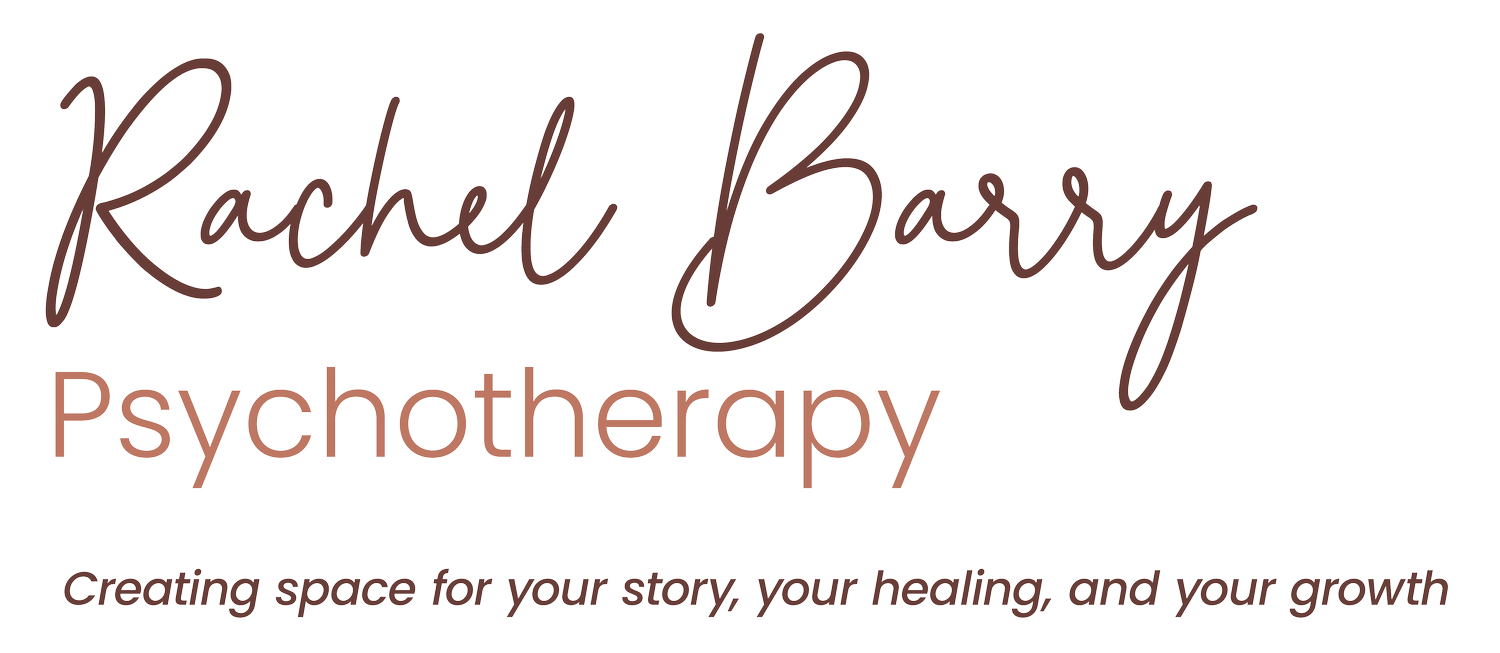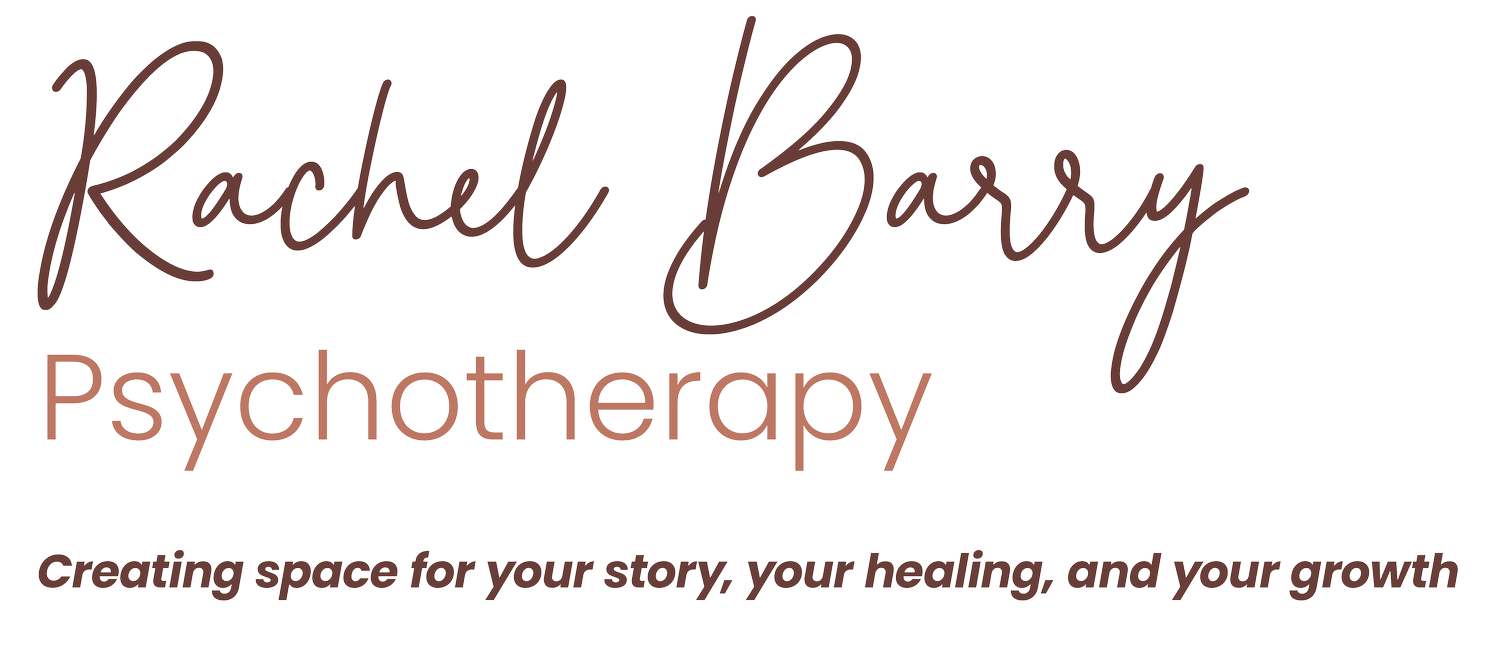Why Therapists Choose Their Specialties (Hint: It’s Personal)
Ever wonder why one therapist focuses on postpartum mental health while another specializes in trauma or personality disorders? Sure, training plays a vital role. But the truth is, many of us are drawn to a specialty because we’ve lived some version of it.
Therapists are trained, licensed mental health clinicians and (using my dialectics here) we are also just regular people—people who have walked through difficult phases, made mistakes, wrestled with ourselves (and with life itself), questioned everything—and come out the other side with some resolution and something to offer others.
Lived Experience as a Compass
For many therapists, our work is a blend of clinical training and personal experience. We remember what it felt like to be lost, overwhelmed, or stuck. Our therapy is evidence-based, yes—but it’s also deeply human. We’ve each climbed emotional mountains, and now we turn around to see who’s still finding their way. We know which branches held for us, which footings were steady, which paths were trustworthy. We know what someone told us—or what we wish someone had told us—at the time. And we’re here to help others make their own transformative climb.
From the Floor to the Couch to the Chair
In my own life, that mountain has had many names: early adulthood filled with questionable decisions, toxic relationships, and a whole lot of (unnecessary?) painful drama; addiction and the long road to recovery; perfectionism and obsessive thinking; motherhood and its identity-shattering mix of love, fear, and invisible labor.
When it comes to motherhood, I remember the fear that crept in at nightfall during those early newborn days—completely overwhelmed by what the night would bring and unsure how (or if) we’d survive the sleepless hours ahead. And also: who was going to shed more tears in the process—the baby or me? Of course, those nights passed more quickly than I expected, and eventually, we found a rhythm that felt human again.
I didn’t become a therapist because I had it all figured out—I became one because I’ve been on the floor, too. And I know what it means to get back up. I’ve done the deep, unglamorous work of healing. I’ve sat on the therapy couch as a client, learning how to listen to myself. And now I sit in the therapist’s chair—grateful and still slightly incredulous that I get to do this work—offering that same space to others.
Showing my age here—I know—but sometimes I’m reminded of a lyric from the old Talking Heads’ song, “Once in a Lifetime:”
“And you may ask yourself, ‘Well, how did I get here?’”
Honestly? I still do wonder. But this is my lovely office. And these are my incredible clients I get to work with. It still amazes me sometimes…
What This Means for You
If you’re in one of these places now—overwhelmed, uncertain, or simply trying to hold it all together—you’re not alone. Whatever your mountain looks like, there’s no shame in needing support along the way. Therapy can be a space to catch your breath, make sense of what’s happening, and find your next step. You don’t have to have it all figured out to begin.


